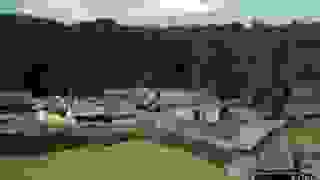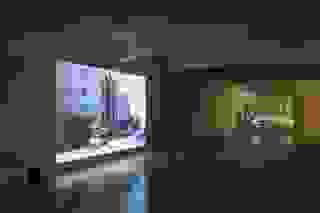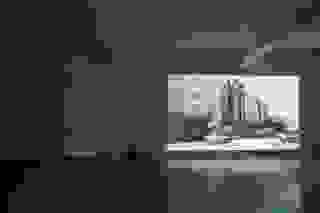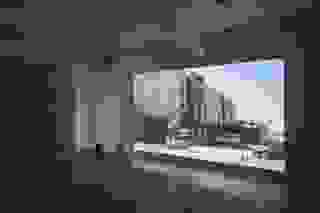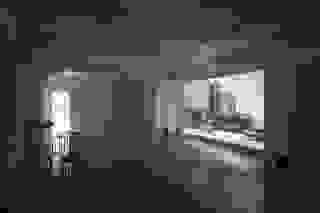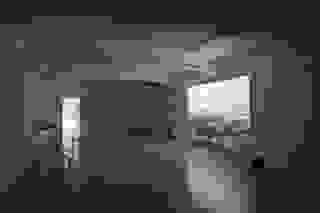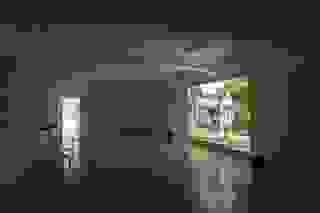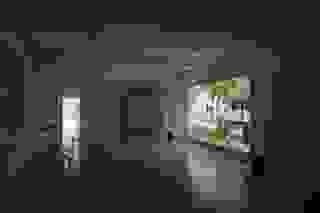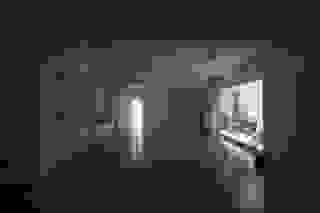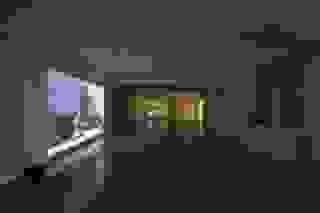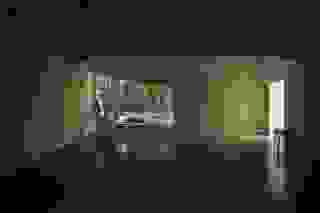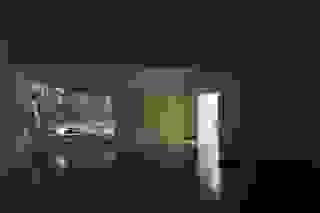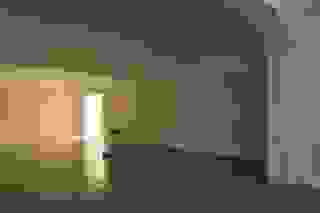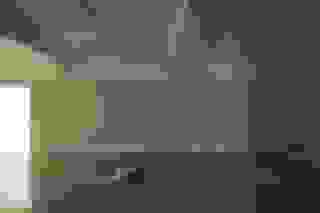Henning Fehr und Philipp Rühr
Being sad is not a hobby
02.09.–05.11.17Photo: Henning Fehr und Phillip Rühr
Photo: Fred Dott
Photo: Fred Dott
Photo: Fred Dott
Photo: Fred Dott
Photo: Fred Dott
Photo: Fred Dott
Photo: Fred Dott
Photo: Fred Dott
Photo: Fred Dott
Photo: Fred Dott
Photo: Fred Dott
Photo: Fred Dott
Photo: Fred Dott
Photo: Fred Dott
Last year, Henning Fehr and Philipp Rühr became acquainted with the professor for architectural history and theory Elizabeth Pigou-Dennis in Jamaica. Together, they visited Island Village, a shopping centre with entertainment facilities in the city of Ocho Rios on Jamaica’s north coast. It mainly plays host to cruise ship tourists and is housed in buildings that display an idiosyncratic interpretation of traditional Jamaican architecture. Six months later, they all travelled to the Düppel Museum Village in Berlin and the Groß Raaden Archaeological Open Air Museum near Rostock. Both sites present replicas of Slavic villages of the 9th and 10th centuries. These three places make up the basis of Henning Fehr’s and Philipp Rühr’s project for the Künstlerhaus Bremen, which introduces their new video Empty Village as part of an installation.
The German and Jamaican villages filmed by the artists consist of approximate reconstructions of historical structures. Their appearance builds on the intention of enabling an authentic experience. Yet they end up confronting tourism with architectural history, self-marketing with identity politics. Over the course of filmed conversations with Elizabeth Pigou-Dennis, the head of the Düppel Museum Village discusses the ways in which, since its founding, the site has incorporated diverse time eras into one architectural ensemble that serves various functions. He evokes actions that occasionally take place there, for example re-enact- ments of historical occurrences, or regular “living history” performances – an active and educative tool used to convey a sense of the everyday life of the past. The film stages the coexistence of surreal as well as didactic or pragmatic dimensions and recalls the interaction of traces, uncertainties and memory in historiography.
Henning Fehr (1985 in Erlangen) and Philipp Rühr (1986 in Brühl) have collaborated since their time studying at the Düsseldorf Art Academy. They work primarily with installations involving the medium of film. Their Bremen exhibition is the counterpart of their installation Studio Visit, on view this summer at the Sprengel Museum Hannover. It presents interviews with American-Jamaican musicians living in New York who recount their encounter with the German music project Rhythm & Sound. The show at the Künstlerhaus Bremen will be accompanied by a publication to be published in the fall by Verlag der Buchhandlung Walther König.
Accompanying Program
Opening: Friday, 1. September 2017, 7 p.m.
Welcoming speech: Branka Čolić, member of the board
Introduction: Fanny Gonella, artistic director
Sunday, 17 September, 2 p.m.:
Guided tour with Fanny Gonella
Wednesday, 20 September, 7 p.m.:
Panel discussion with Julia Binter (Kultur- und Sozialwissenschaftlerin, Kuratorin der Ausstellung Der Blinde Fleck in der Kunsthalle Bremen), Dr. Natasha A. Kelly (Kommunikationswissenschaftlerin und Soziologin, Forschungsschwerpunkte Post-/Kolonialismus und Feminismus) und Dr. Janelle Rodriques (Wiss. Mitarbeiterin, Postcolonial Literary and Cultural Studies, Universität Bremen)
Thursday, 5 October, 7 p.m:
Artist talk with Henning Fehr und Philipp Rühr
Sunday, 22 October, 2 p.m.:
Guided tour with Undine van Elsberg


